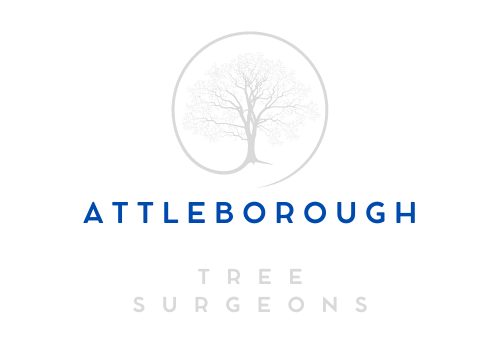Benefits of Regular Hedge Cutting for Pest Control
Introduction: Maintaining well-trimmed hedges enhances the aesthetic appeal of your garden or property and plays a crucial role in pest control. At Attleborough Tree Surgeons, we understand that regular hedge cutting can significantly impact the health and safety of your landscape. This blog post will explore how regular hedge maintenance helps manage and reduce pest populations, contributing to a healthier environment.
1. Reduced Habitat for Pests
Regular hedge cutting helps to limit the habitat available for pests, making your garden less inviting for them.
- Less Cover for Pests: Overgrown hedges provide ample cover for various pests, including insects and rodents. Keeping hedges well-trimmed reduces the amount of shelter available to these unwanted guests.
- Prevention of Nesting Sites: Tall, dense hedges can be ideal nesting sites for birds and small animals. Regular cutting ensures that these potential nesting sites are controlled, preventing an influx of pests.
2. Improved Air Circulation
Maintaining hedges through regular cutting improves air circulation, which can directly affect pest control.
- Reduces Moisture Build-Up: Dense and overgrown hedges often trap moisture, creating a damp environment that can attract pests like mould, mildew, and certain insects. Trimming hedges allow for better airflow, helping to reduce excess moisture.
- Healthier Plants: Improved air circulation also benefits the health of the plants within your hedge, making them less susceptible to diseases that can attract pests.
3. Enhanced Visibility for Monitoring
Well-maintained hedges provide clearer visibility, making monitoring and addressing pest problems easier.
- Easier Inspection: Regularly trimmed hedges make it easier to inspect for signs of pest infestations, such as holes, droppings, or damage. Early detection is key to managing pest issues effectively.
- Preventative Measures: By keeping hedges in good condition, you can more easily implement preventative measures, such as applying appropriate treatments or adjusting your garden practices to deter pests.
4. Discourages Unwanted Wildlife
Regular hedge-cutting helps to deter wildlife that can become pests.
- Reduced Attractiveness: Overgrown hedges can attract wildlife, including rodents and larger animals like deer. Regular maintenance makes your garden less appealing to these creatures, reducing the risk of them becoming pests.
- Controlled Growth: Managing hedge growth prevents them from encroaching on other areas of your garden where wildlife might find additional food or shelter.
5. Minimises Spread of Pests
By controlling hedge growth, you can also help minimise the spread of pests to other parts of your garden or property.
- Containment: Regular cutting helps contain pest problems in the hedge, preventing them from spreading to nearby plants or structures.
- Prevents Cross-Contamination: Well-maintained hedges reduce the likelihood of pests transferring to other plants, thereby minimising potential damage and making pest issues easier to manage.
6. Promotes Overall Garden Health
A well-maintained hedge contributes to the overall health of your garden, indirectly supporting pest control efforts.
- Healthy Ecosystem: Regular hedge cutting helps to maintain a balanced and healthy garden ecosystem, which naturally supports pest control through beneficial insects and other wildlife.
- Prevention of Overgrowth Issues: Keeping hedges in check prevents overgrowth, which can lead to shading and competition for resources among plants, making them more susceptible to pests and diseases.
Conclusion: Regular hedge cutting is key to effective pest control in your garden. By reducing pest habitats, improving air circulation, enhancing visibility, and discouraging unwanted wildlife, well-maintained hedges contribute to a healthier and more balanced garden environment.
Call us on: 01953 667 637
Click here to find out more about Attleborough Tree Surgeons
Click here to complete our contact form and see how we can help you with your tree’s needs.

